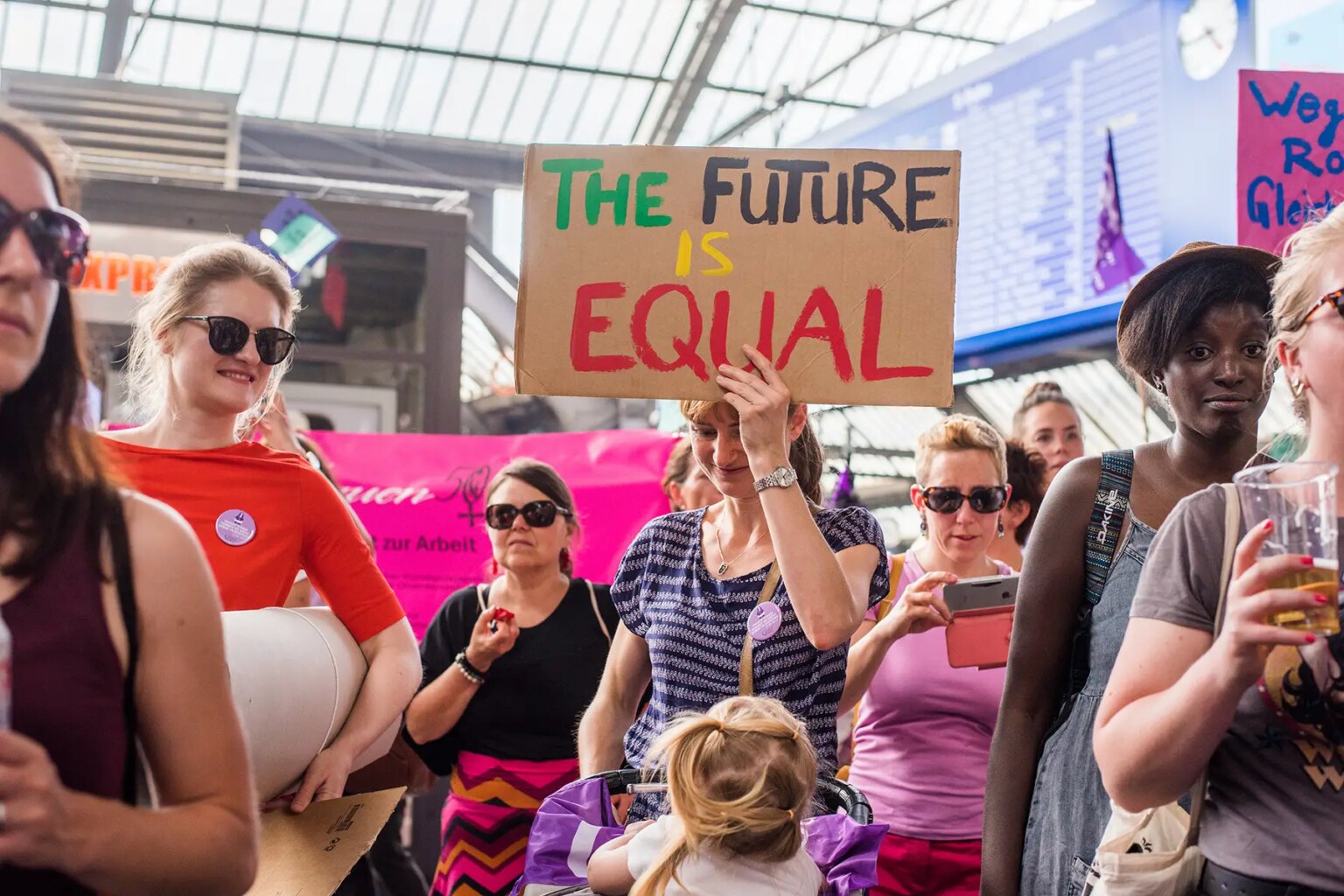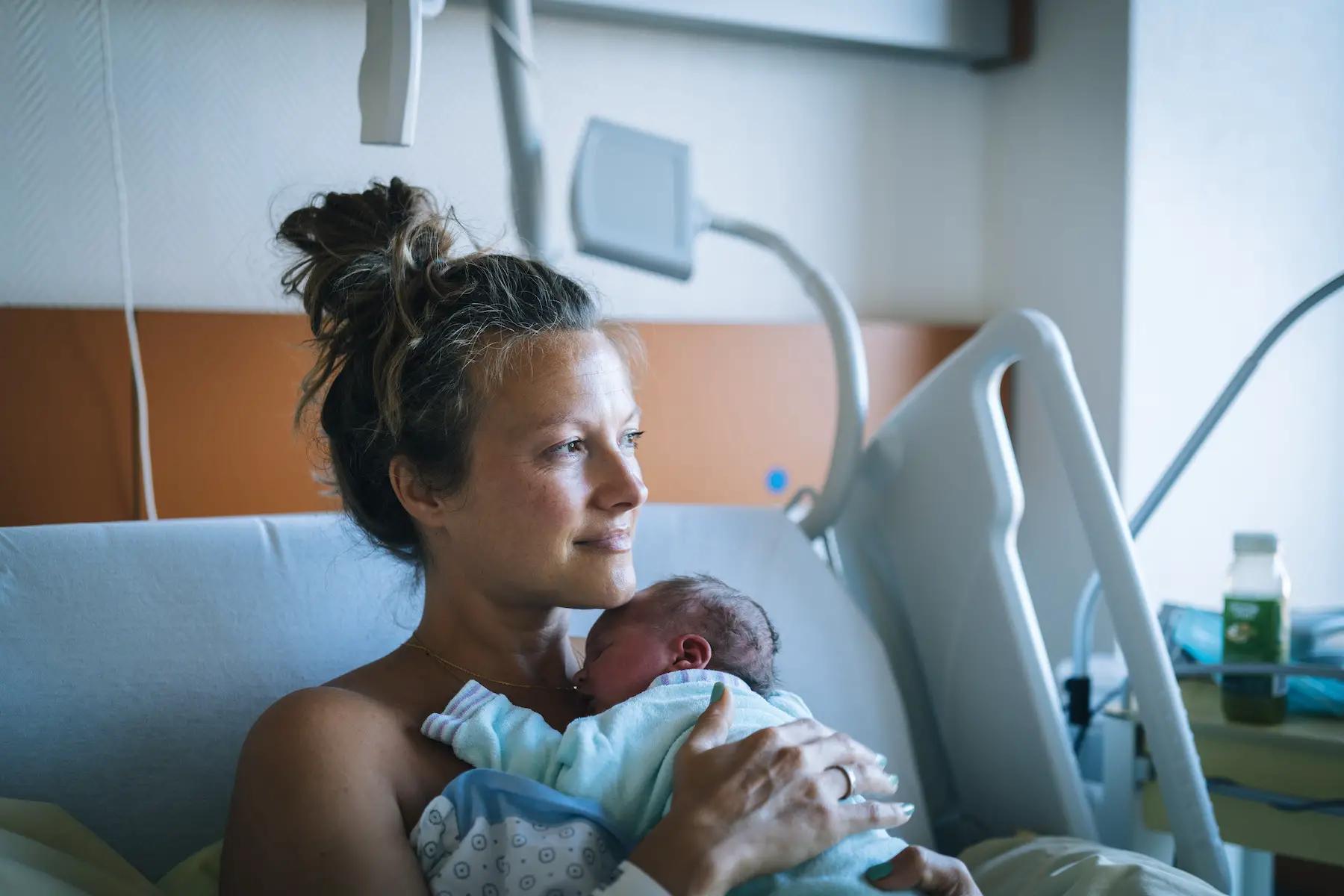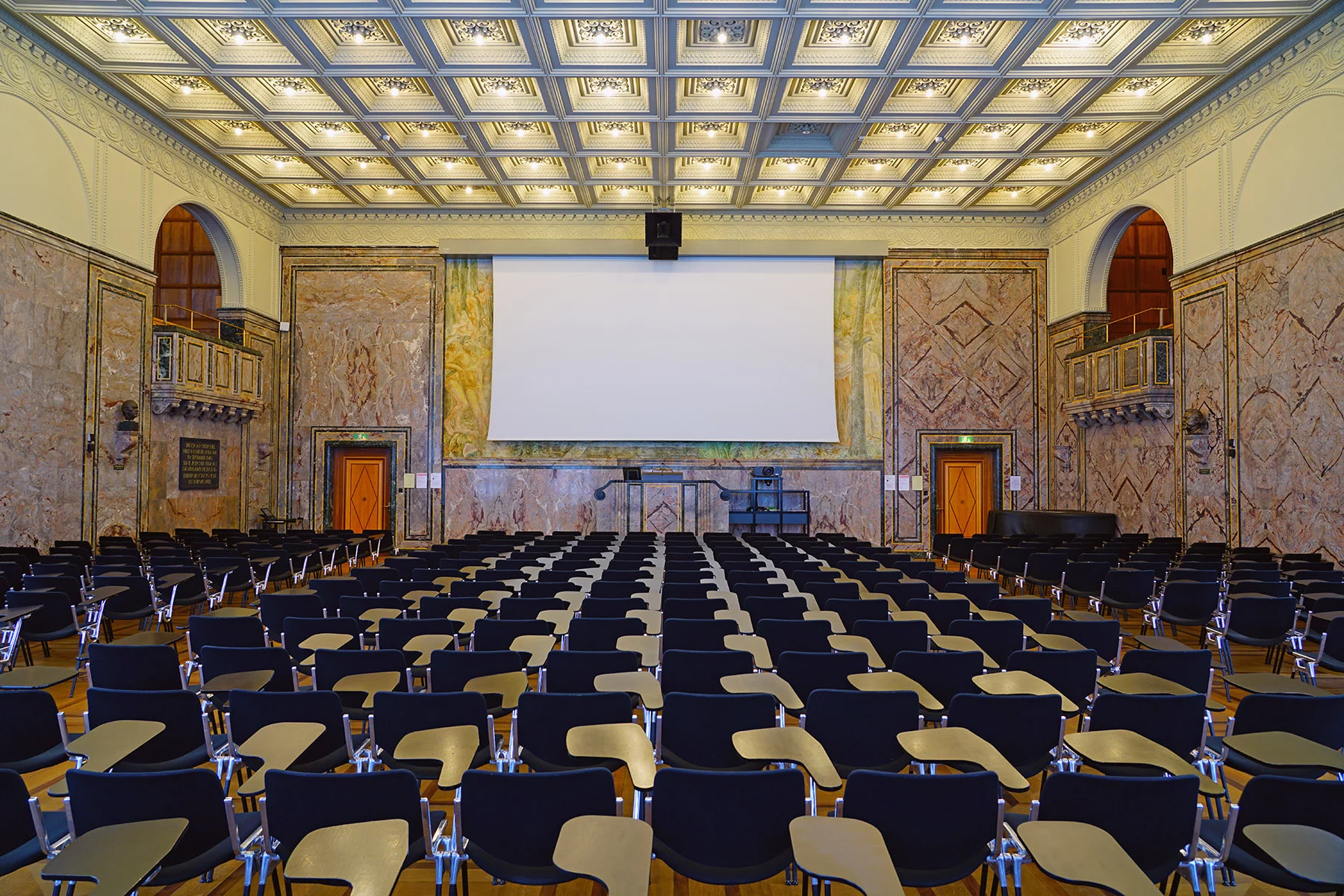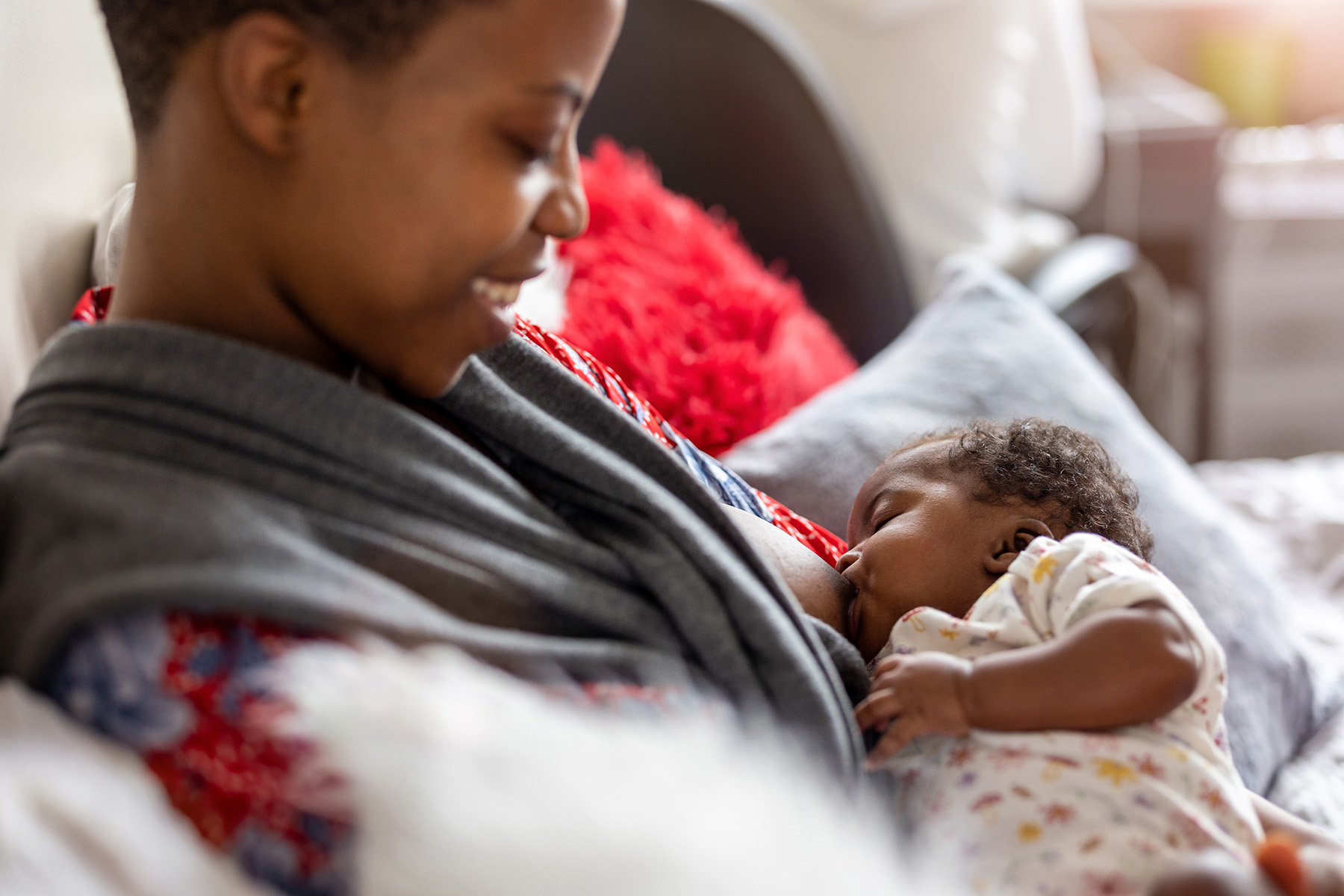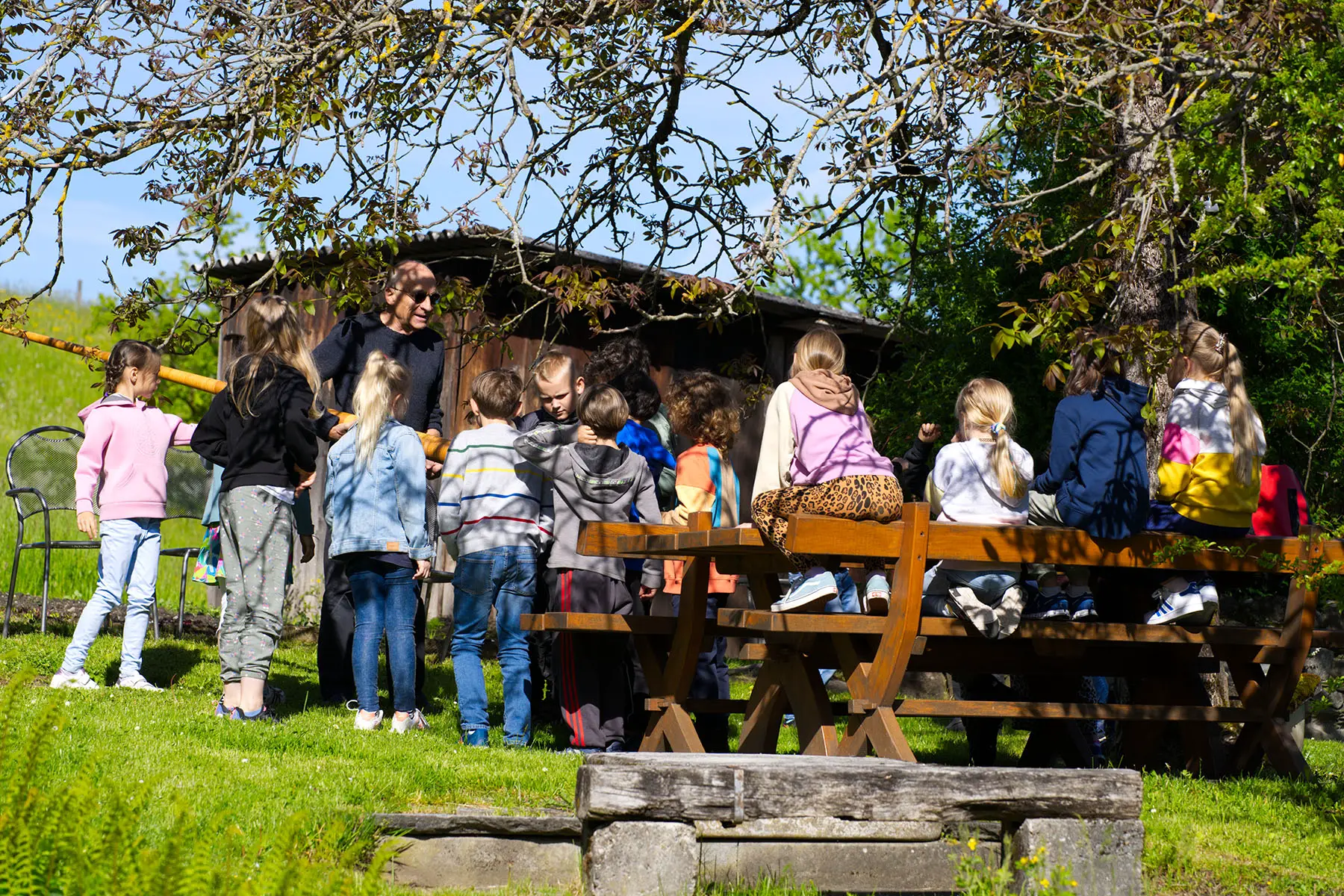Switzerland was infamously one of the last European countries to give women the right to vote – a consequence of deeply rooted traditional values and the Swiss political system. However, new laws and a societal push for gender equality have helped women gain ground in recent years. In fact, the country could even be on its way to becoming a world leader in this respect.
From political and economic rights to protections against discrimination and violence, this guide outlines everything you need to know about women’s rights in Switzerland. It includes the following information:
- Women’s rights and gender equality in Switzerland
- Laws against harmful practices in Switzerland
- Women’s political rights in Switzerland
- Women’s economic rights in Switzerland
- Women’s health and reproductive rights in Switzerland
- Women’s education rights in Switzerland
- Women’s freedom from violence in Switzerland
- Family and divorce laws in Switzerland
- Breastfeeding laws in Switzerland
- Women in the media, arts, and sports
- Feminism in Switzerland
- Women’s rights organizations in Switzerland
- Useful resources
Ground News
Get every side of the story with Ground News, the biggest source for breaking news around the world. This news aggregator lets you compare reporting on the same stories. Use data-driven media bias ratings to uncover political leanings and get the full picture. Stay informed on stories that matter with Ground News.
Women’s rights and gender equality in Switzerland
In 2021, Swiss women celebrated 50 years of voting in federal elections. They gained this democratic right on 7 February 1971; nearly 80 years after women in New Zealand, 53 years after Germany, and 27 years after France. Historians attribute this remarkably long struggle for women’s suffrage to Switzerland’s system of direct democracy. For instance, women in most other countries secured their voting rights through legislation. In Switzerland, however, the voters (men) had the choice of whether or not to recognize women as full citizens and extend voting rights.
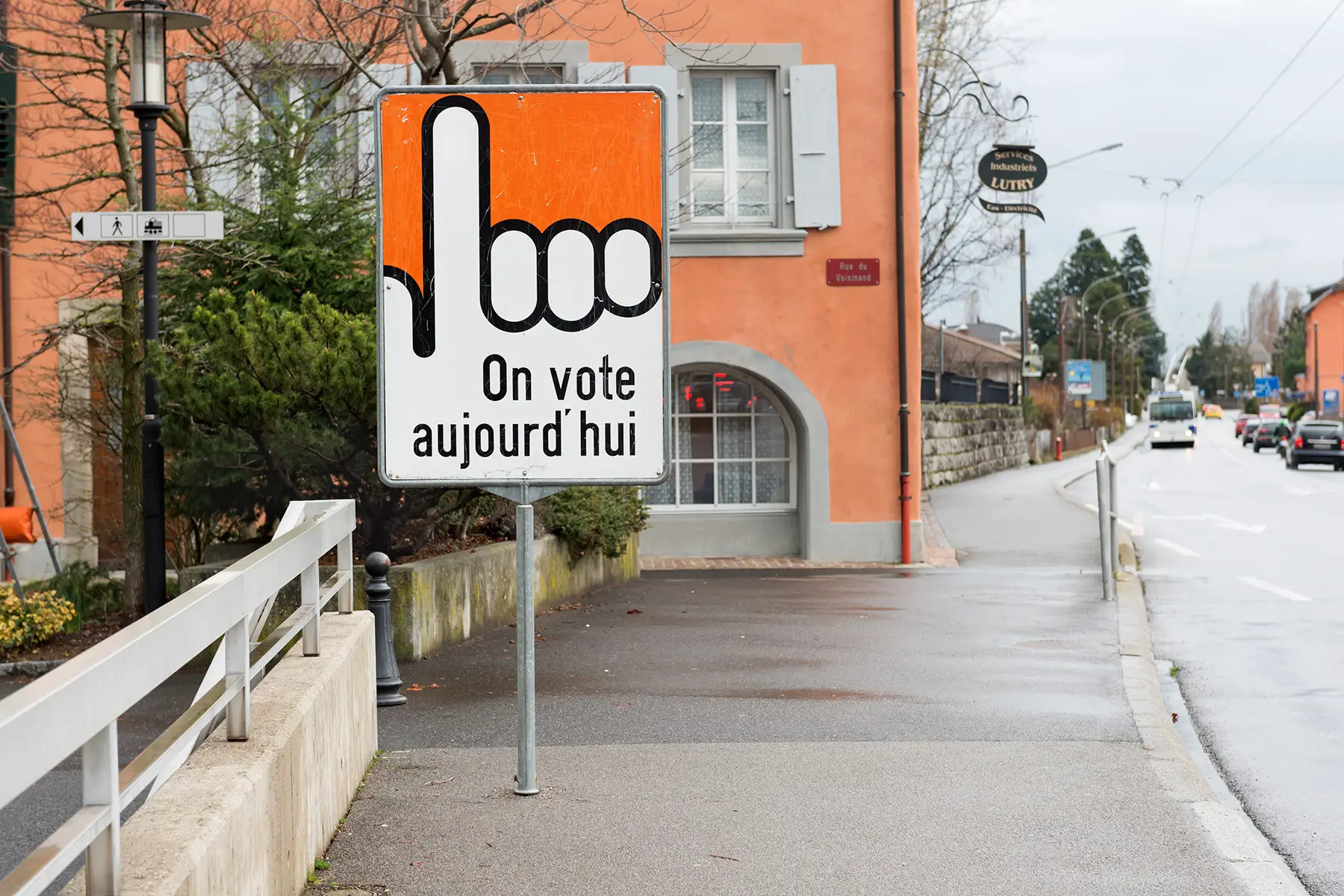
But voting rights were just the beginning of the road for women’s rights in Switzerland. Indeed, it would take many more years before voters struck down other discriminatory gender-based laws. For example, women officially gained gender equality in marriage in 1985 after a narrowly-won referendum abolished the legal authority of the husband. Prior to that, husbands could actually prevent their wives from getting a job and opening a bank account. Furthermore, up until 1992, Swiss women lost their nationality when they married a foreigner. Switzerland didn’t criminalize domestic violence until the 1990s, either.
Change on the horizon
Although the Swiss aren’t ones for taking quick action, the movement for gender equality has picked up speed in recent years. In 2019, for instance, women won over 40% of parliamentary seats. Switzerland also ranked 18th on the Global Gender Gap Report 2020. Furthermore, the Schilling Report 2021 revealed an annual increase in the number of women in upper management in the country’s 100 largest companies.
Despite these advancements, unequal pay remains a sticking point in Switzerland, with women currently earning 19% less than men. However, under the 2020 Swiss Federal Gender Equality Act, companies that are found to be guilty of gender-based pay discrimination will have to repay the wage difference. You can read more about this in our guide to average salaries and wages in Switzerland.
Attitudes towards women in Switzerland
As the website for the Federal Office of Gender Equality (FOGE) states, “In Switzerland, equality between men and women is now well established, on paper at least.” In reality, Switzerland is a traditional society with a historically strong sense of gender roles and patriarchal values. Indeed, a UN report shows that women and girls aged 15 and older spend 16.8% of their time on unpaid care and domestic work; compared to just 10.8% spent by men.

On 14 June 2019, half a million men and women went on strike in Switzerland to protest gender inequalities. These included pay discrimination and the government’s lack of support for women in the workforce. The strike came nearly 30 years after the Swiss government added the Gender Equality Act (GEA) to the constitution. The 1981 Act established the principle that equal work deserves equal pay. In 1996, the Equal Opportunities Act focused on ensuring equality in working life while prohibiting all forms of discrimination. Most recently, in 2020, the amended Gender Equality Act aims to close Switzerland’s gender pay gap.
Migrant women in Switzerland
Nearly a quarter of the 8.3 million people living in Switzerland are of foreign nationality. Of women who move to Switzerland, OECD population data shows that 83% are from other European countries. Migrant women are the least preferred group in the Swiss job market even though they typically have a strong educational and professional background.
A 2019 report by the Federal Commission on Migration (FCM) also shows that the employment rate for migrant women (68.8%) is lower than that of migrant men (78%), Swiss women (83%), and Swiss men (85%). The report also reveals that foreign women often arrive in Switzerland with a higher level of education and more job qualifications than Swiss women. Additionally, they are as qualified as foreign men but less qualified than Swiss men.
Laws against harmful practices in Switzerland
Switzerland has been working since 2003 to end Female Genital Mutilation within its borders and abroad; following the UN’s initiative to stop FGM globally by 2030. It is a criminal offense and any person who performs the genital cutting, witnesses or encourages the act, and consenting parents and relatives of the victim can all face charges. The Swiss government estimates that female genital mutilation affects, or puts at risk, more than 22,000 women and girls living in Switzerland.
The minimum age for marriage in Switzerland is 18 and the law prohibits forced marriages. People who are found guilty of coercing others into a marriage face up to five years in prison. A forced marriage involving a minor abroad can also be annulled when the minor arrives in Switzerland. According to the National Bureau for Forced Marriage (in German), 316 victims were reported in Switzerland in 2017. And more than 100 of them were minors.
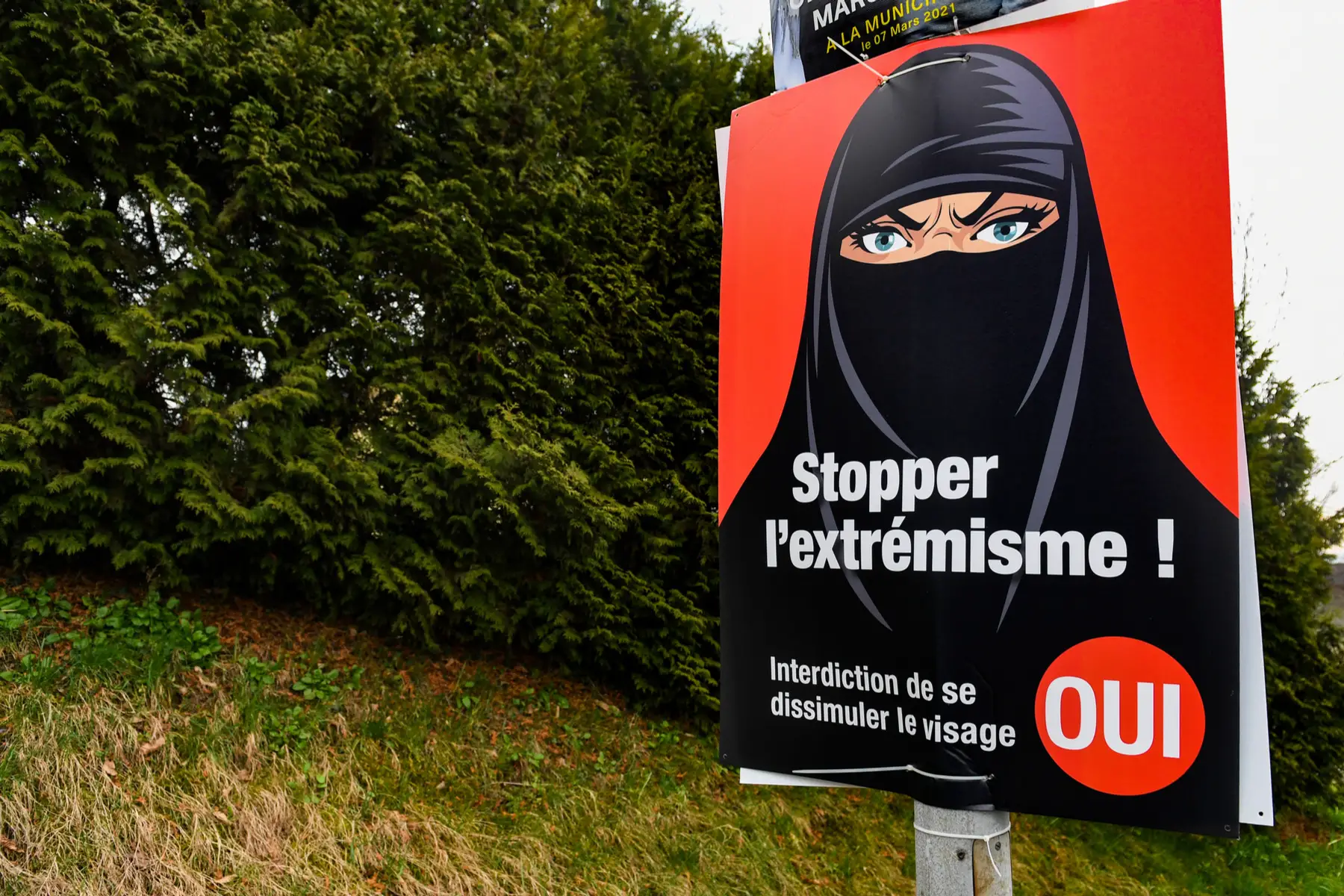
A recent controversy regarding women’s rights in Switzerland involves the so-called “burqa ban” that Swiss voters narrowly approved in 2021. Exceptions include face coverings for reasons of security, climate, or health. Far-right political groups, feminist organizations, and progressive Muslim groups supported the ban. They argue that burqa and niqab are indicative of patriarchal oppression and religious extremism.
On the other hand, opponents allege that the ban singles out a minority group and is yet another restriction for women. The Swiss government also opposed the ban due to the fact that only a fraction of Muslims in the country wear niqab or burqa. Furthermore, many of the cantons have already made such rules.
Women’s political rights in Switzerland
Women’s suffrage in Switzerland was a century-long battle that nearly came to an end in 1971 when women won the right to vote in national elections. However, the last Swiss women to get their full political rights had to wait until 1990. It was only then that federal authorities forced the canton of Appenzell Inner Rhodes to allow women to vote at the local level.
Voting rights for women in Switzerland
Below is a timeline of some of the key movements in the 100-year struggle for women’s voting rights in Switzerland:
- 1868 – the women of Zurich demanded the right to vote on revisions to the cantonal constitution. They were denied.
- 1896 – the first national women’s congress was held in Geneva and voting rights were one of their core demands.
- 1909 – associations for women’s suffrage came together to form the Swiss Association for Women’s Suffrage (ASSF).
- 1918 – women’s groups submitted two motions to the National Council demanding voting rights. They were ignored.
- 1929 – the ASSF submitted a petition to the Federal Chancellery with 249,237 signatures (78,840 men, 170,397 women) collected by women’s associations, the SP, and trade unions. The petition did not produce any results.
- 1957 – the Federal Council submitted a bill on women’s suffrage following a huge outcry against a proposal to require women to do civil protection service.
- 1959 – voters (all men) denied women the right to vote in federal elections. Only 33% voted in favor. However, a majority vote in Vaud, Geneva, and Neuchâtel ushered in women’s suffrage at cantonal and communal levels.
- 1968 – the Federal Council considered signing the European Convention on Human Rights without accepting the clause concerning women’s political rights. Following massive protests from women’s associations, the Swiss government proposed a new vote on women’s suffrage.
- 1971 – Swiss women won the right to vote and stand for election.
Women in power in Switzerland
Over the past 50 years, women have been making up for their lost time in Swiss politics. In December 1971, 11 women took their seats in the National Council (5.5% of the total seats). Lise Girardin also became the first Swiss woman elected to the Council of States that same year.
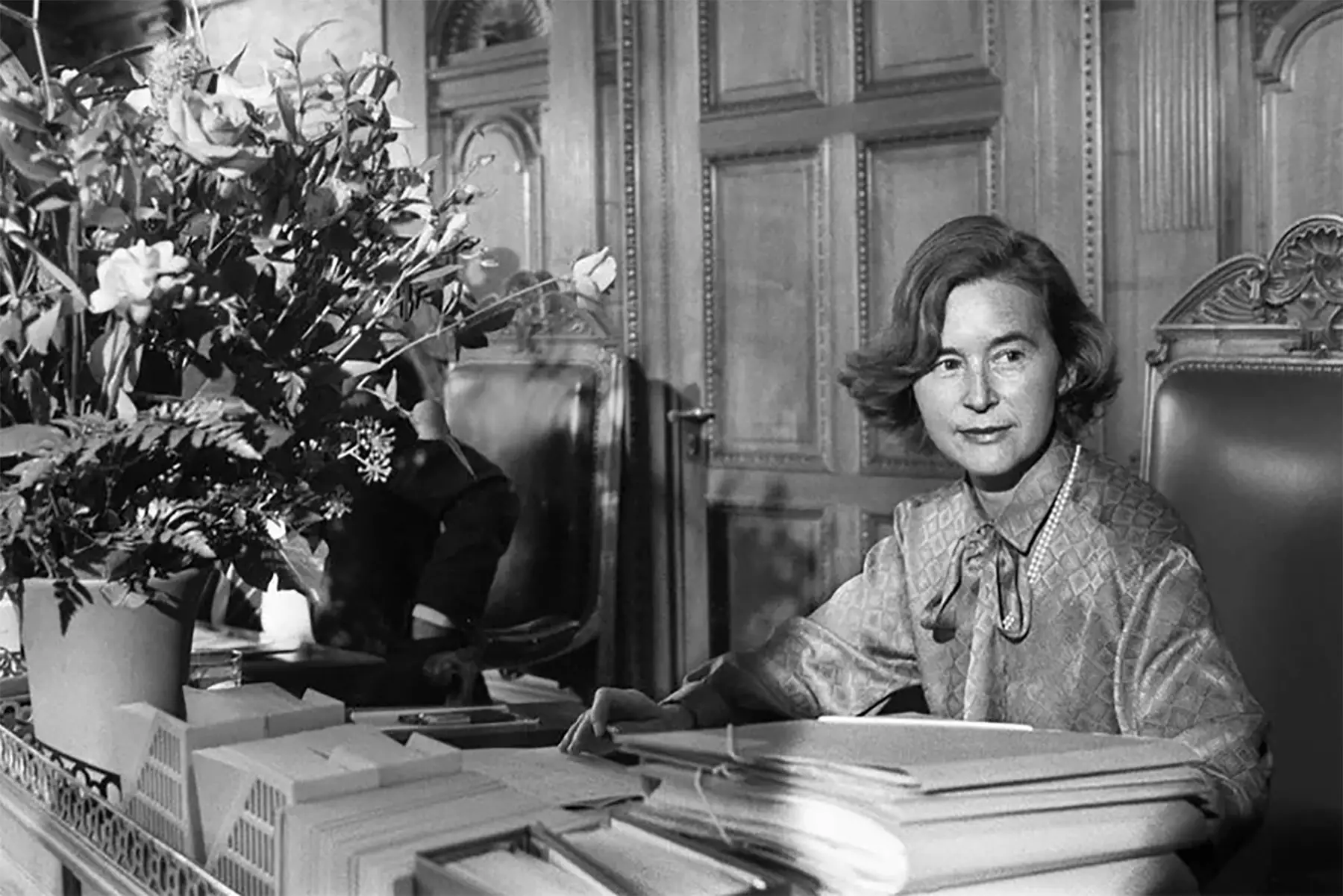
Elisabeth Kopp was the first woman to be voted into the Federal Council in 1984. The seven-member council is the highest executive authority in the country and parliament elects members to four-year terms. In 1999, Ruth Dreifuss became the first woman to serve as president. Today, there are three female members of the Federal Council: Simonetta Sommaruga (elected in 2010), Viola Amherd (since 2019), and Karin Keller-Sutter (since 2019). A total of nine women have served on the Federal Council.
The 2019 Federal Assembly election has been called the women’s election as more women than ever were elected to the two houses of the Swiss Parliament. According to global data on national parliaments, as of January 2021, Switzerland ranked 20th out of 193 states worldwide; representing a 17 place jump in two years. Women have been elected to 42% of the 200 National Council (lower house) seats. Just over 26% of the 46 Council of States (upper chamber) members are also women.
Women’s economic rights in Switzerland
Employment rights
The first and second World Wars didn’t do much to advance women in the workforce in Switzerland. This was also the case in many other European countries and the United States. In 1970, for instance, women made up no more than a third of the workforce. In fact, the traditional view of women as homemakers was part of Swiss Civil Law until 1988.

According to the Federal Statistical Office, women now account for roughly half of the Swiss workforce. Switzerland ranked 18th on the World Economic Forum’s Global Gender Gap Report 2020. Although this represents an increase of two spots since 2018, statistics still show that the country’s gender pay gap is particularly wide compared to other western European countries.
The gender pay gap
Women’s paychecks in Switzerland are 19% lower than men’s. This means that companies pay women in the Swiss workforce approximately CHF 1,512 less per month. A report by the Federal Office for Gender Equality found that 45.5% of this gap is unexplainable. Therefore, the government has concluded that CHF 642 of the wage difference is discriminatory.
Federal statistics also reveal a gender pay gap at the start of men’s and women’s professional careers. The starting pay for jobs that are considered to be typically male in Switzerland is CHF 200 higher per month than jobs that are generally deemed female. Furthermore, the unexplained pay gap is around 7% or CHF 280 per month for entry-level positions.
New regulations aim to force Swiss companies to treat employees equally. As of July 1, 2020, the Swiss Federal Act on Gender Equality (GEA) requires companies that employ 100 or more workers (full or part-time) to conduct an internal wage analysis. Those that are found to be guilty of gender-based pay discrimination (above 5%) must repay the wage difference. Additionally, workplace sexual harassment is now illegal under Swiss law.
Maternity and childcare provisions in Switzerland
In Switzerland, women receive certain employment protections during pregnancy, after giving birth, and during breastfeeding. Maternity leave is 98 days (14 weeks). Full and part-time workers receive 80% of their salary as a daily allowance, up to a maximum of CHF 196 a day. Furthermore, employed mothers cannot work during the first eight weeks after giving birth. As of 2021, fathers are also eligible for 10 days of paternity leave.
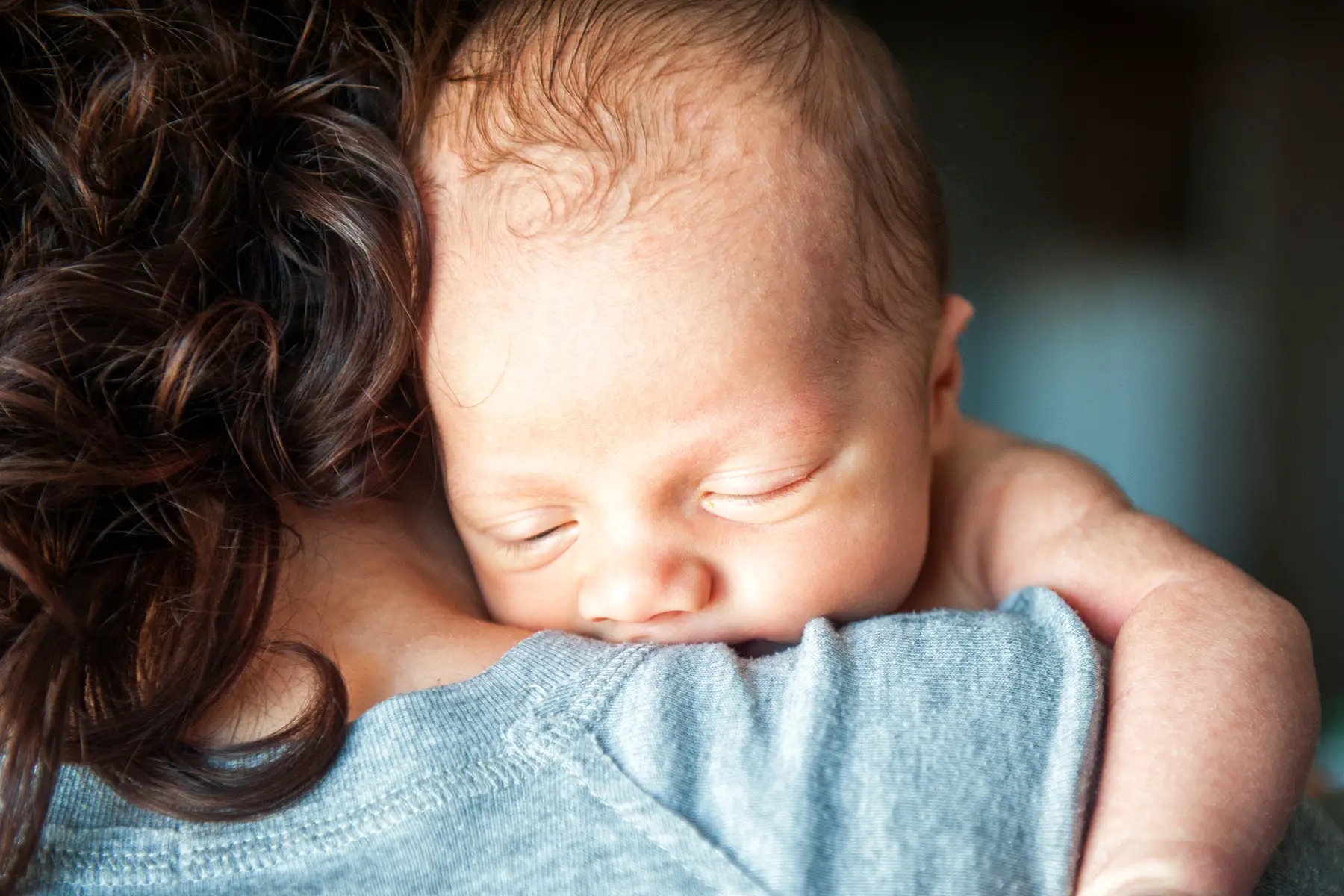
Other rights for women in Switzerland include:
- Continued pay if a woman is unable to work during pregnancy
- A maximum nine-hour workday, and no night work, during the eight weeks before giving birth
- Ineligible for dismissal the entire period of the pregnancy or in the first 16 weeks after the birth of the child
An average couple with two children can expect to spend 32% of their net income on childcare in Switzerland. This was the highest amount of any OECD country in 2020. Critics blame costly childcare and the difficulty of placing a child in daycare for the disproportionate number of women working part-time. In 2017, nearly 45% of women worked 30 hours or less per week. However, only 11.2% of men worked reduced hours. As a result, Swiss women’s pensions are generally as much as 37% lower than men’s.
Women in business
The ratio of male to female entrepreneurs is also not as balanced in Switzerland as it is in other European countries. In fact, less than half of new business start-ups in 2017 involved one or more women. A recent Swiss Labor Force Survey did, however, find improvements. For example, the percentage of women who started a business in Switzerland was 37.9% in 2020; representing an increase of nearly 10% since the 1991 survey.

The proportion of women on company management boards is also on the rise. The Schilling Report 2021 found that the percentage of women on the supervisory boards of the 100 largest employers is now 24%; up from 23% in 2020 and 21% in 2019. If this trend continues, then 30% of management boards will be female in four years’ time. This is also required by Swiss law. Amazingly, the share of women in executive management for the 100 largest Swiss companies has reached an all-time high of 13%.
There are several organizations in Switzerland that are dedicated to supporting and advancing women in business, including the following:
Financial and property rights
After Switzerland abolished the legal authority of the husband in 1985, Swiss law was modernized to grant women the same financial freedom and property ownership rights as men. Recent reforms to inheritance laws have also attempted to account for modern living situations. Spouses and registered partners of the deceased, for instance, automatically inherit, but cohabitees are not statutory heirs.
Women’s health and reproductive rights in Switzerland
Switzerland is known for having an excellent healthcare system and women have a wide array of quality choices when it comes to their medical needs. The law requires healthcare insurances to cover gynecological visits and treatments. Insurance policies must also include women’s prenatal care. This means that most of them offer at least seven medical check-ups throughout the pregnancy.
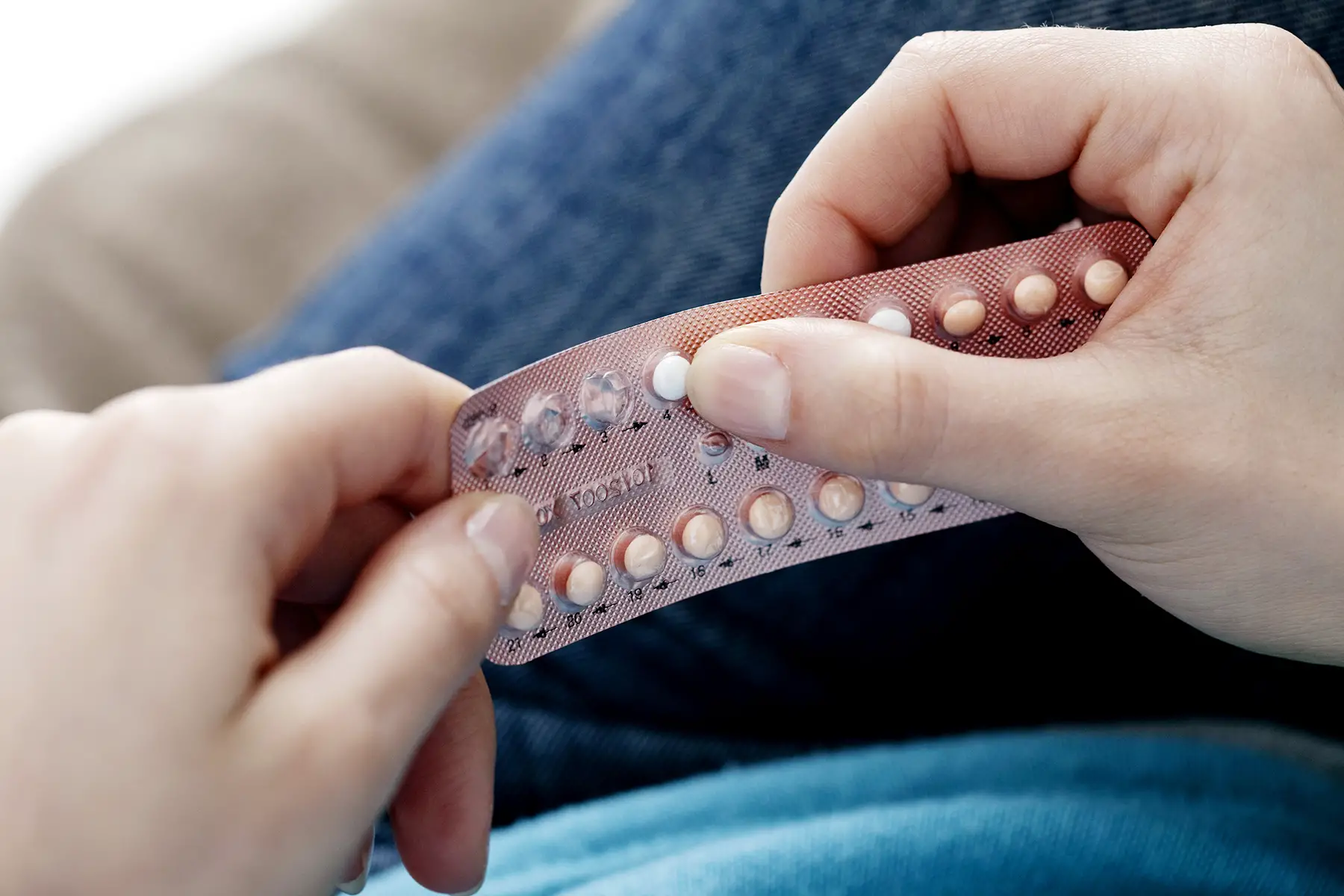
Consequently, Switzerland has a relatively low maternal mortality ratio (5 per 100,000), which is lower than in France (8) but higher than in Italy (2). While women’s healthcare in Switzerland does include abortion, Swiss insurance doesn’t typically cover contraception.
According to a national survey from 2017, the majority of women in Switzerland (83.5%) claim that they have a very good perception of their health. The same survey also found that significantly more women (18.3%) reported having psychological distress than men (11.7%). That said, women in the country are also more likely to seek treatment when needed.
Women’s education rights in Switzerland
When ETH Zurich opened in 1855, the public research institution became the second European university to admit women to its study programs. However, there were no upper secondary schools for girls in Switzerland so most of the female students came from abroad to study.

Switzerland has since made major strides in closing its gender gap in education. Now male and female students have equal access to the Swiss education system, which is one of the best in the world. In fact, women are actually outpacing men in higher education throughout the country.
According to an OECD report, the share of young women with tertiary degrees in 2018 was 10% higher than the share of young men in Switzerland. Overall, the proportion of young women with tertiary education rose from 35% to 54%; higher than the 51% average for OECD countries.
On the other hand, the report also found that gender disparities still exist within specific fields of study. For instance, men are over-represented in science, technology, engineering, and mathematics (STEM). Women, meanwhile, dominate fields related to health and social welfare. They also account for only 22% of students in STEM bachelor’s degree programs; lower than the OECD country average of 30%.
Women’s freedom from violence in Switzerland
According to federal statistics (in German), one person dies every two weeks in Switzerland as a result of domestic violence. Furthermore, women accounted for 62.6% of homicide and attempted homicide victims between 2009 and 2018. Although the country’s murder rate has fallen overall since the 1990s, domestic cases haven’t dropped as much. In fact, Eurostat found that Switzerland’s intimate partner homicide rate, with female victims, was higher in 2018 than in Germany, France, and Italy.
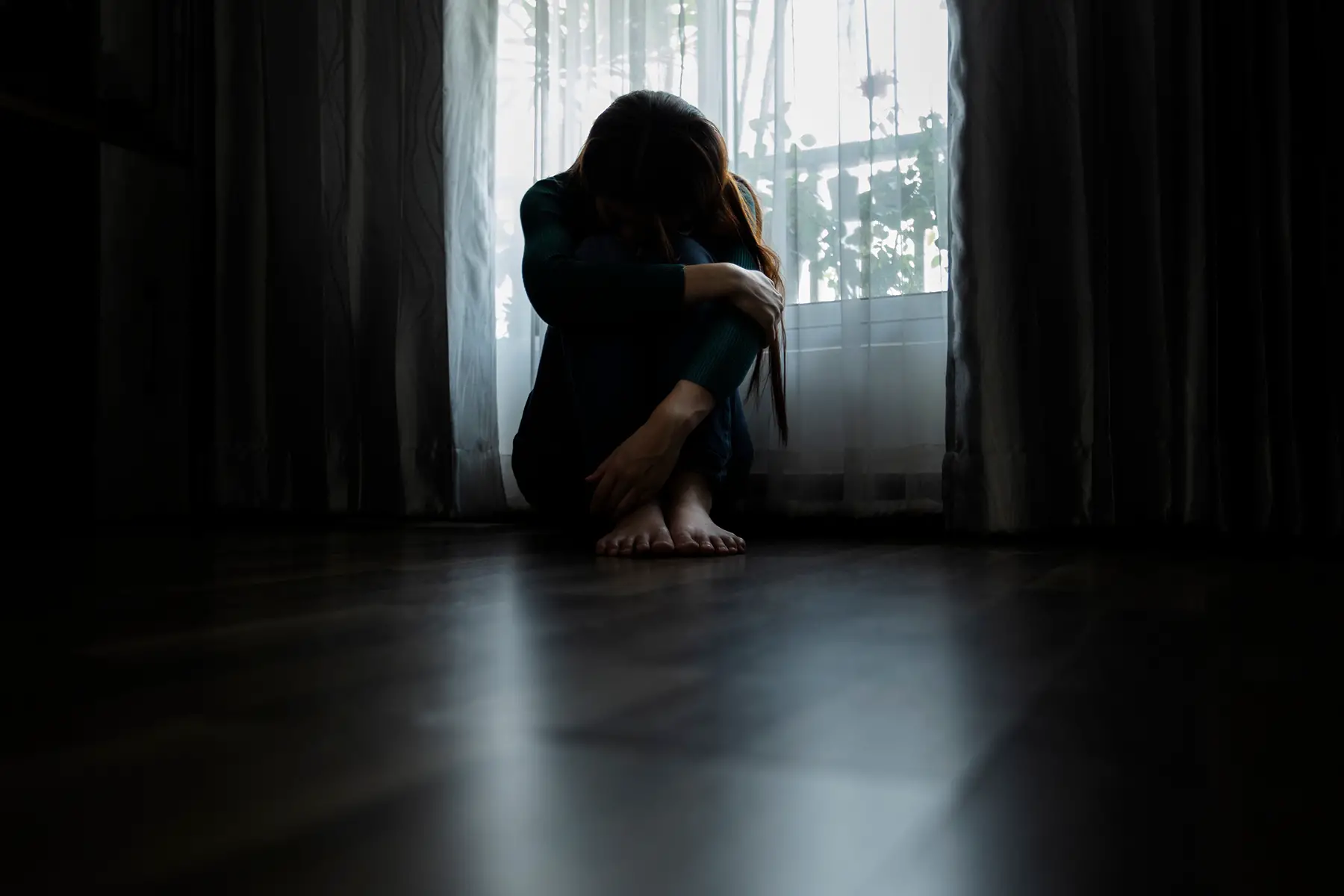
However, Switzerland is working to give victims of domestic violence and stalking stronger legal protections. For example, since 2020, a person who brings a case of violence, threats, or harassment to court no longer has to pay for the legal proceedings. The authorities are then responsible for determining if the case moves forward. This responsibility previously fell to the victim.
Changing laws on sexual violence
The Swiss government is also considering changing the legal definition of rape to sex without consent – even if no force is used. This will align with the Council of Europe’s human rights treaty, known as the Istanbul Convention, which Switzerland signed in 2017. An Amnesty International survey of 4,495 women in Switzerland found that one in five has been subjected to sexual violence and more than 10% of women surveyed had been raped. However, only 8% reported the assault to the police.
In 2012, Switzerland launched its first national action plan to fight human trafficking. Since then, the Council of Europe’s Group of Experts on Trafficking in Human Beings (GRETA) claims the country has made significant progress in preventing human trafficking and aiding victims. However, GRETA has recommended that Switzerland improves the process of identifying and protecting trafficking victims throughout all the cantons. Switzerland has a national support program for victims of sexual assault, domestic violence, trafficking, and other crimes. And you can access help in each canton.
Family and divorce laws in Switzerland
To get a divorce in Switzerland, one or both partners need to file a petition, but the divorce court doesn’t require a reason or grounds for ending the union. It handles civil unions in a similar way. It is common for Swiss courts to encourage, or even require, couples to go through mediation before getting a divorce, especially if there are children in the relationship. In this case, both parents are responsible for supporting minors. However, the children will only live with one partner and the other parent will need to pay child maintenance. A divorce agreement might also include spousal maintenance payments.

Expats should be aware that, if your residency permit is in your spouse’s name, then divorce may affect your right to live and work in Switzerland. However, you can apply for an extension of your permit if your circumstances meet certain conditions.
Breastfeeding laws in Switzerland
The World Health Organization (WHO) strongly endorses breastfeeding for infant health and Swiss hospitals also take a proactive approach. Most are either certified as baby-friendly hospitals or follow the UN’s breastfeeding guidelines. Statistics show that 95% of mothers in Switzerland begin breastfeeding their babies in the hospital, and 80% are still breastfeeding at four months.
Switzerland legally provides for breastfeeding and pumping during working hours. Employees are allowed to have paid breastfeeding breaks of between 30 and 90 minutes; depending on the number of hours they work in the day. Despite this, advocates in Switzerland say that misconceptions and taboos are still an issue for mothers in Switzerland. Research also shows that cultural attitudes influence women’s decisions when it comes to breastfeeding.
Women in the media, arts, and sports
A 2015 Global Media Monitoring Project (GMMP) report found that only 23% of the total news coverage in Switzerland is about women. This is below the global average (24%) and the European average (25%). Furthermore, only 24% of newspaper reporters, 20% of radio reporters, and 19% of television reporters in Switzerland were women in 2015.
Following the report, the Federal Office of Communications (OFCOM) pledged to hire 39 to 40% female staff members. Additionally, since 2018, the license issued to the public broadcaster SRG SSR 58 has required an “appropriate representation of both sexes in its editorial programs”. The results of these efforts may be more apparent when the full 2020 GMPP report is available.

Switzerland’s cultural economy accounts for 2.1% of the country’s GDP and employs more than 300,000 cultural workers. However, while women make up a large portion of the cultural sector’s workforce, representation and recognition for their creative contributions are still lacking. A 2019 survey of 80 art museums in Switzerland, for instance, found that only 26% of artists in solo exhibitions were women.
The Swiss Confederation’s cultural promotion institution, Pro Helvetia, has committed to driving diversity and equality in the cultural sector. This includes providing guidance to institutions, reducing barriers to marginalized groups, and leading fact-finding measures.
The year 1968 marked a historic moment in Swiss sports as women were finally able to join football clubs. Since then, they have made huge strides in sports and athletics. In fact, Swiss women are at the top of their disciplines in triathlon, ski mountaineering, trail running, orienteering, and mountain biking. In partnership with UN Women, Switzerland has committed to developing a policy for gender equality in sports to achieve the UN’s Sustainable Development Goals.
Feminism in Switzerland
An organized movement for women’s rights in Switzerland dates back to 1847 when a group of women successfully ended the practice of guardianship on the basis of sex in the canton of Bern. Marie-Goegg Pouchoulin started the Association International des Femmes in 1868. Activists gathered in Geneva in 1896 for the first national women’s congress, and voting rights were one of their primary demands. However, living environments (rural or urban), politics, and cantons divide women in Switzerland. Many women’s movements fought for different goals, such as educational and economical rights. After Swiss women were able to receive higher education, more attention then shifted to political rights.
Despite a long history of women’s rights movements, feminism remains somewhat of a taboo subject in Switzerland. Striking is also a sensitive topic as the Swiss value negotiation and compromise. That said, in 1991, half a million women (and some men) went on strike in Switzerland to protest the slow adaptation of the constitutional law against gender discrimination. In 2019, another massive strike focused on the gender pay gap and inequality in the workplace. There was also an increase in mobilization for women’s rights following the #metoo movement.
Women’s rights organizations in Switzerland
Founded in 1888, Dachverband Schweizerischer Gemeinnütziger Frauen (in German) was the first permanent, national umbrella organization for the Swiss women’s movement. It has chapters throughout the country.
Other Swiss women’s rights organizations include the following:
- Swiss women network (German)
- Feminist Peace Organization
- Fiz Advocacy and Support for Migrant Women and Victims of Trafficking
- Feminist portal for French-speaking Switzerland (French)
- Swiss Lesbians’ Organization (German)
- Womanity.org
- SheSports Switzerland
Switzerland is also a partner country of UN Women and a major financial supporter of the organization.
Useful resources
- The Federal Council – the Federal Office of Gender Equality
- Fedlex – the Federal Act on Gender Equality
- Victim Support Switzerland – offers information, support, and advice for those in need
- UN Women – a fact sheet on gender equality in Switzerland
- Council of Europe – provides more information about the Istanbul Convention on violence against women
